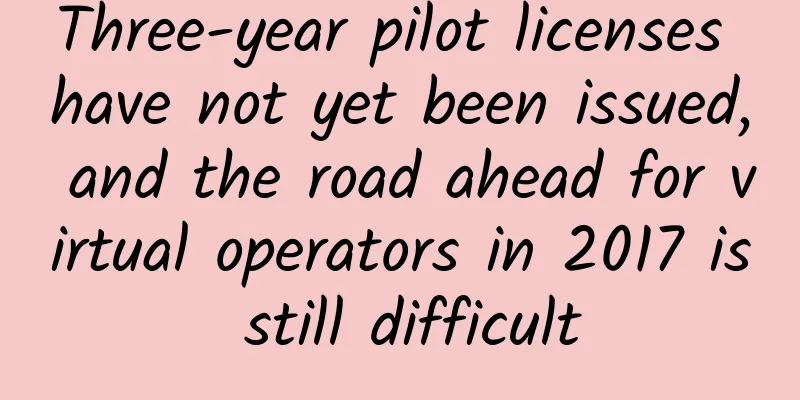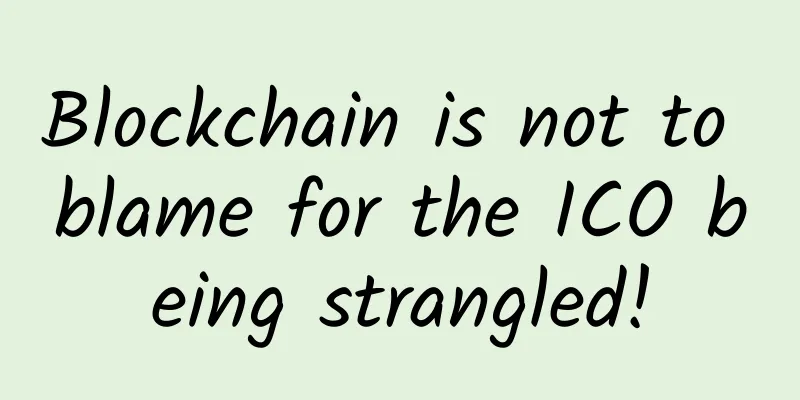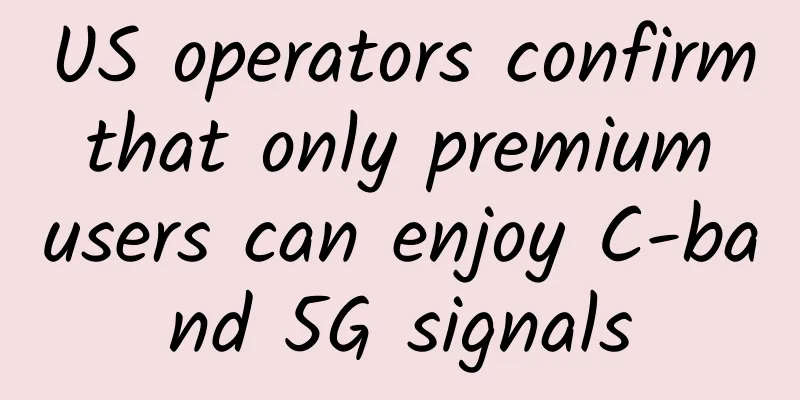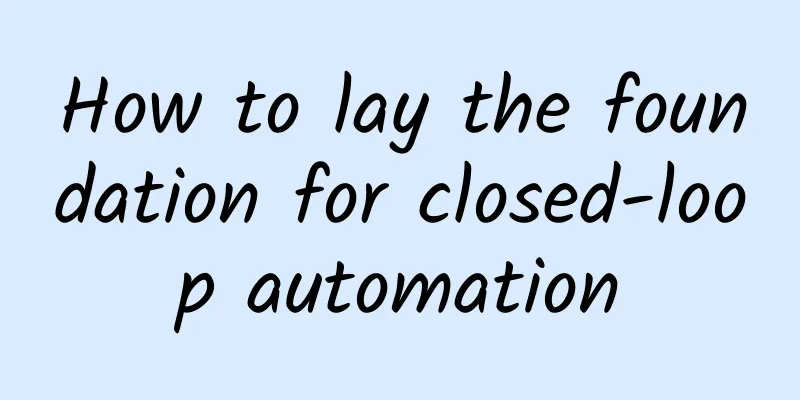Three-year pilot licenses have not yet been issued, and the road ahead for virtual operators in 2017 is still difficult

|
On December 1, the real-name system was not implemented effectively, the 170 number segment was fraudulent, and it was difficult to make profits... The virtual operators have been shrouded in shadows in 2016. In 2013, the Ministry of Industry and Information Technology published the draft of the "Mobile Communications Resale Business Pilot Program" on its website for comments, and decided to carry out a pilot program for mobile communications resale business. This policy is regarded as "the beginning of the opening of key telecommunications fields to private capital." Since then, the business of virtual operators has developed rapidly. Currently, 42 companies have obtained pilot licenses, of which 41 have started business. However, at the end of 2015, the pilot period of virtual operators has ended, and the official license has not been seen since then. There is only one month left in 2017. At the beginning of this year, the plans of various virtual operators to obtain official licenses this year are expected to fall through. At the end of 2013, the Ministry of Industry and Information Technology introduced virtual operators in the telecommunications industry on a trial basis in order to break the market monopoly formed by China Mobile, China Telecom and China Unicom and promote the active development of the market. After two years of pilot, virtual operators have achieved initial results. As of August this year, the number of users developed by virtual operators has reached more than 31 million. Among the 41 virtual operators that have started business, the number of users has exceeded one million. In addition, in 2016, some virtual operators have also gotten rid of the "curse" of negative profits. One of the virtual operators has accumulated revenues of nearly 1 billion yuan in the first eleven months of 2016. However, during the pilot period, virtual operators also faced telecom fraud, wholesale-retail price inversion, interconnection, real-name registration and other issues, which led to a general pessimism in the value of virtual operators. In particular, the issuance of licenses that virtual operators have long desired was postponed indefinitely. Senior communications expert Xiang Ligang told the editor that if the real-name system is not fully implemented, it will be almost impossible for virtual operators to obtain licenses. Summary of major events of virtual operators in 2016: In 2016, virtual operators sought development through exploration, and received mixed reviews. The Ministry of Industry and Information Technology repeatedly issued documents ordering virtual operators to rectify the real-name system, but with little effect. Fortunately, many virtual operators have taken the lead, gradually expanding their user base, turning losses into profits, and exploring many distinctive paths. 1. MIIT issues guidance on adjustment of mobile resale wholesale prices On January 6, the Ministry of Industry and Information Technology issued guidance on the adjustment of wholesale prices for mobile communications resale business. This is a very important policy document in the development of my country's mobile communications resale business. The wholesale price issue is one of the most critical and core issues in the development of my country's mobile communications resale business. The guidance issued by the government department will promote the further improvement of the ecological environment and accelerate the development of mobile communications resale business. 2. Virtual operator 171 number segment officially put into use On January 21, the virtual operator's 171 number segment was officially put into use. Currently, a total of 20 million numbers have been issued, including the 1718 and 1719 number segments, both of which are provided to China Unicom's resale partner virtual operators. 3. The Ministry of Industry and Information Technology issued an urgent document: Suspending the allocation of new number resources to illegal virtual operators At the end of April, the Ministry of Industry and Information Technology issued the "Notice of the Ministry of Industry and Information Technology on Strengthening Standardized Management to Promote the Healthy Development of Mobile Communications Resale Business", which clearly stipulates that resale companies should strengthen the supervision and management of physical and online agency channels, strictly enforce the access conditions of agency channels, distribute unified logos to agency channels, and prohibit contracted agency channels from developing subordinate agencies without authorization. If resale companies go through the network access procedures through physical marketing channels, they must verify and automatically enter user identity information through the second-generation ID card recognition device, and it is prohibited to manually enter ID card information. If the network access procedures are handled through online channels, the user identity must be verified in strict accordance with relevant requirements. 4. The number of virtual operator users exceeded 30 million On June 20, in response to the current prominent "real-name system" problem in the mobile resale industry, the Virtual Operators Branch of the China Communications Enterprise Association held a press conference in Beijing on "Self-discipline Activities of Virtual Operators to Implement User Real-Name System". At the meeting, Cao Changfeng from the Cyber Security Administration of the Ministry of Industry and Information Technology said: "As of the end of May 2016, the number of users developed by virtual operators reached 31 million, and 40 virtual operators have launched business." 5. The "170 number segment" caused trouble and gave virtual operators a "veto power" The case of Xu Yuyu, a prospective college student in Linyi, Shandong, who was defrauded to death, shocked the whole country. The "mobile phone number" used by the fraudsters became the focus of public criticism. Previously, only the 171 number was widely exposed by the media, and the debate over whether the exclusive number segments of virtual operators are fraudulent numbers was once again pushed to the forefront. The Ministry of Industry and Information Technology responded by saying that the implementation of the real-name system will be used as a veto item for virtual operators to apply to expand their business scope, increase number resources, and issue formal business licenses. 6. The most stringent real-name registration policy was introduced In early November, the Ministry of Industry and Information Technology launched the "Implementation Opinions of the Ministry of Industry and Information Technology on Further Preventing and Combating Telecommunications Information Fraud" (hereinafter referred to as the "Implementation Opinions"), which is known as the strictest regulatory policy in history. It was called unprecedented in intensity by the industry and had multiple policy breakthroughs in heavy penalties, such as stricter requirements for virtual operators, all-round blocking of network number changes, and strict approval of all types of outbound numbers. 7. China Unicom intends to cancel its guaranteed settlement commitment to virtual operators In mid-November, China Unicom plans to cancel the guaranteed settlement commitment to its cooperating virtual operators from 2017. This means that enterprises that previously developed users with relatively low ARPU values will save a lot of expenses. China Unicom's policies are gradually becoming more reasonable in the process of cooperating with virtual operators. Many suggestions put forward by virtual operators have obviously been adopted. In the future, the survival space of virtual operators will be further expanded. The road ahead for virtual operators will still be difficult in 2017 The virtual operator industry is still in its initial stage in China, and has achieved some results in innovation and exploration. It is understood that my country's virtual operators have launched many new initiatives in product innovation and business operations. For example, some virtual operators have created mass innovation platforms to provide innovation and entrepreneurship platforms for small and micro enterprises and even individuals. They not only play their advantages in smart terminals, mobile Internet, Internet of Things, and enterprise solutions, but also innovate with these advantages and create a continuous innovation model that integrates with product and market partners and is platform-based. Some virtual operators have created a new model by freely combining, opening up, and configuring business packages, allowing users to transition from fixed packages to autonomous consumption. The achievements are worthy of recognition, but difficulties must also be actively addressed. In Xiang Ligang's view, there are three issues that virtual operators urgently need to address in 2017. First, they must vigorously develop users. Users are the source of everything. Only with customers can they have the capital to gain a foothold in this industry. Second, they must abide by laws and regulations and must obey the real-name system regulations. Third, they must take their own distinctive path and develop unique applications. The third point requires virtual operators to explore and explore. In addition, Xiang Ligang said that several problems faced by virtual operators cannot be well solved at this stage, especially the problem of wholesale and retail inversion. Judging from the current development, it will definitely not be completely solved, and more coordination with the three major operators is needed. Regarding the lack of code resources, Xiang Ligang believes that this will not become an obstacle to the development of virtual operators in the future. If more users are developed and the business conditions are good, the code resource problem will definitely be solved. He believes that the main problem facing virtual operators is still to explore profit models. It is understood that the Ministry of Industry and Information Technology stated that virtual operators that have seriously violated the real-name system will not be approved before rectification is completed. For virtual operators that have implemented real-name registration and have received good social response, a green channel will be opened in accordance with the law when they are officially commercialized, and support will be increased in terms of number resources and other aspects. Industry insiders predict that the Ministry of Industry and Information Technology will issue formal operating licenses to virtual operators in the near future, and no less than 10 virtual operators will be issued in the first batch. But even if they get formal licenses, can these 42 virtual operators survive? Obviously not. Xiang Ligang said that only three or five virtual operators may survive in the future. He believes that these surviving virtual operators must have three characteristics: first, they must have sufficient financial strength; second, the users they develop must also have characteristics; and third, they must have their own social channels. Attached is the list of 41 virtual operators |
<<: How can telecom operators build a new generation of network and information security system?
>>: EU approves release of 700MHz frequency band to promote 5G development
Recommend
Sharktech: $129/month-Dual E5-2678v3/64GB/1TB NVMe/1Gbps unlimited traffic/Los Angeles data center
Sharktech's low-priced configurations in Los ...
Behind the popularity of blockchain concept, the real value lies here
In the era of Internet big data, people come into...
Flexible consumption model reduces IT expenses and helps investments
Not all workloads are suitable for the cloud, whi...
What is the relationship between NFV and SDN?
NFV and SDN are popular technologies that have em...
HostYun: Hong Kong/Korea/Japan/US VPS monthly payment starts from 16 yuan, optional CN2 GIA line, AMD+NVMe high performance, etc.
HostYun is a Chinese VPS host provider that focus...
Half of the world's websites use HTTPS: HTTP is being phased out
In the early years, the data transmitted by the H...
10gbiz: Dedicated server promotion from $36.6/month, 1Gbps unlimited traffic server from $118/month, US/Japan/Korea/Hong Kong data centers
10gbiz has released this month's promotion, w...
Thanks to the broadband technician's reminder, I know that the router should be "turned off regularly". No wonder the WiFi is slow and slow.
Nowadays, wireless WIFI networks are available in...
AkkoCloud newly launched CN2 GIA line in London, UK, with annual payment starting from 299 yuan and 10% discount for monthly payment
AkkoCloud sent new product information. This mont...
These 6 ways to implement load balancing technology should not be missed
Load balancing is an application of cluster techn...
LOCVPS Los Angeles CN2 line KVM is online, Los Angeles/Hong Kong Cloud/Hong Kong Confederation 30% off
LOCVPS has sent a new Los Angeles CN2 line host o...
A new starting point: 5G messaging writes a new chapter in 2020
Currently, nearly 100 operators around the world ...
10gbiz: Hong Kong/Los Angeles VPS 40% off in August, starting at $2.36 per month, 258IP cluster server half price for the first month
10gbiz is a hosting company founded in 2020, prov...
Academician Zhang Ping: 6G and 5G do not conflict, they are an iterative relationship
While the entire industry is still looking for ki...
Network | Not the best, will 5G abandon TCP/IP?
TCP/IP is considered suboptimal for more advanced...









